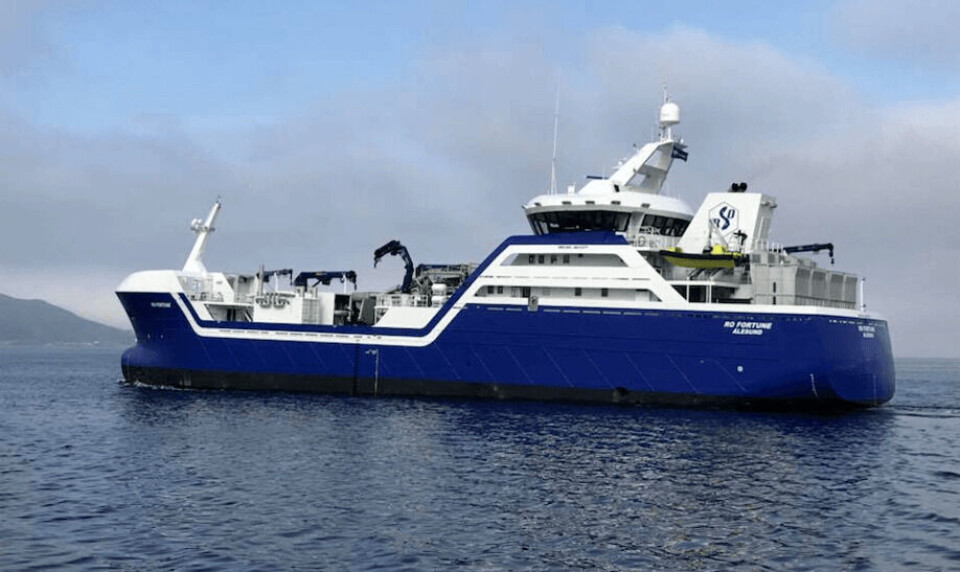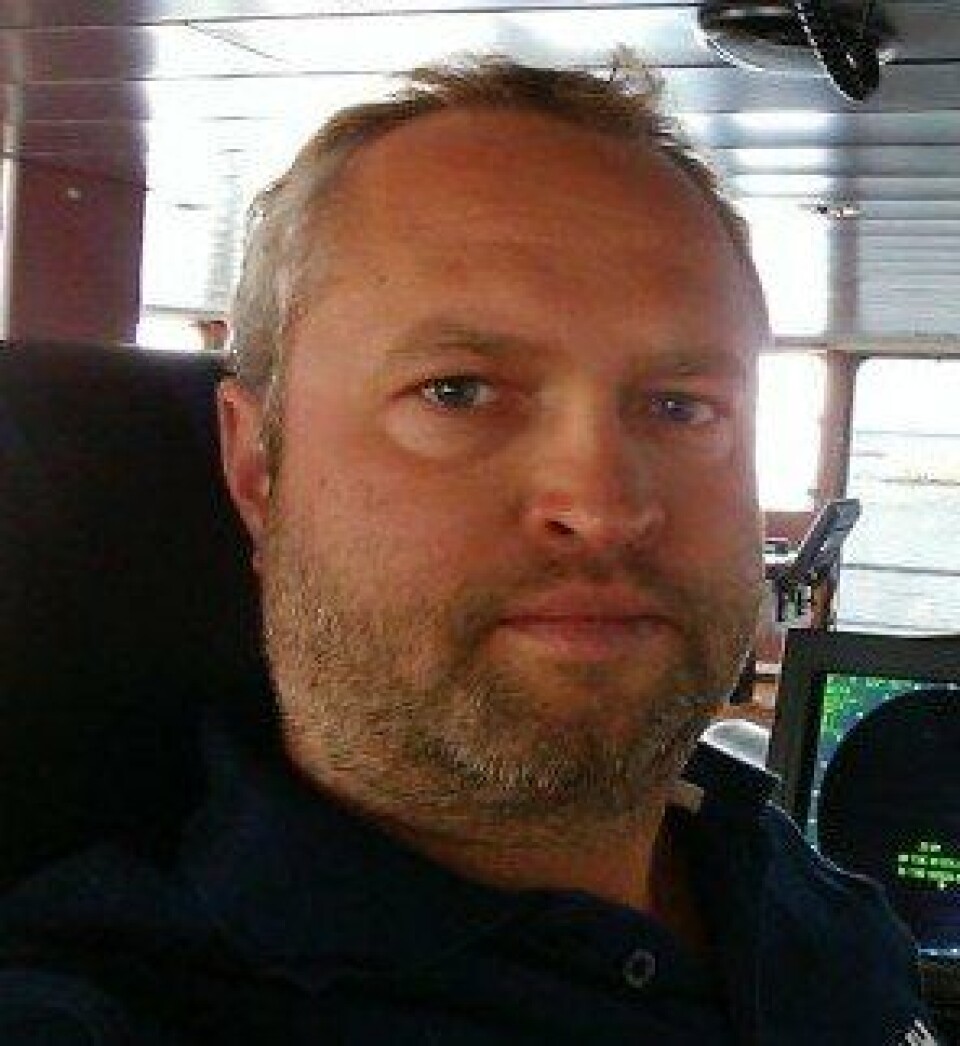
Rostein orders world’s first hybrid wellboat
Norwegian shipping company Rostein has ordered the world’s first hybrid wellboat, to be constructed by shipbuilder Larsnes Mek. Verksted, in which Rostein has a majority shareholding.
Rostein deputy managing director Glen Bradley told Fish Farming Expert’s Norwegian sister site, Kyst.no, that the goal is for the vessel to be completed in January 2020. (Read the Kyst.no story here.)

“The wellboat is built on the same basis as the vessels Larsnes have built for us in recent years,” said Bradley. “But there are two things that have changed: we’ll extend the boat a few metres, as well as take away a diesel engine and replace it with a battery pack.”
NOK350-400m price tag
Bradley, who has not yet revealed who will provide the battery pack, said the boat would have a well capacity of 3,900m³.
The cost of the hybrid boat will be between NOK350-400 million. Bradley said Rostein has not yet chosen a name for the vessel and is open to suggestions.
He said that the company has been focusing on environmentally-friendly boats with diesel-electric propulsion for several years, but the new wellboat will be the first in the world with a battery pack.
‘Rat race’
Whether that will make Rostein the first company to have a “hybrid” wellboat remains to be seen.
“There will be a rat race between us and Inge Berg’s company, Nordlaks, which will build a so-called LNG-powered wellboat, which runs on gas. This is in the hybrid category too,” he pointed out.
Bradley thinks it’s exciting to see who’s first but points out that this is a real commitment for Rostein and the right time from the company.
‘Timing is good’
“In recent years, we have worked and invested in technology initiatives for fisheries systems and treatment systems. These work excellently, which means we have a little more wiggle room. We now see that timing is good and means that we will apply our own experience on the hybrid side.”
Bradley thinks the plan also fits well in relation to the diesel-electric layouts that are on Rostein’s existing vessels.
“This battery pack will allow us to get a more optimal operating picture in the field,” he says.






















































